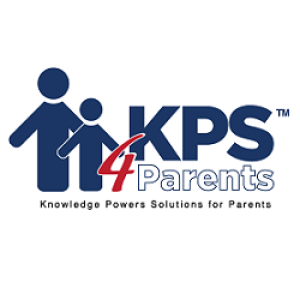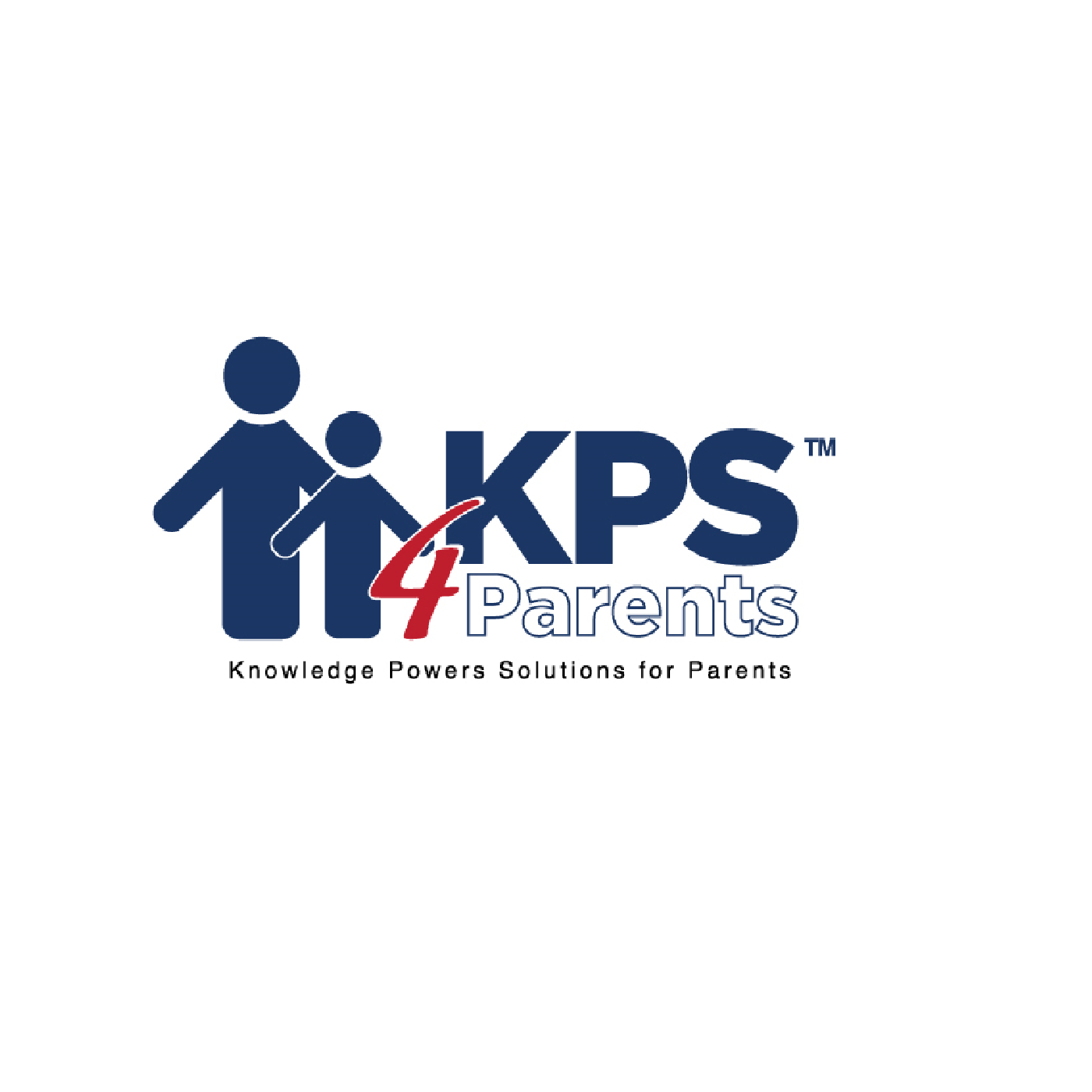Episodes

Sunday Feb 17, 2019
The Return of our Blog (and Podcast)
Sunday Feb 17, 2019
Sunday Feb 17, 2019
 Photo Credit: Christian Schnettelker
Photo Credit: Christian Schnettelker
In 2008, I launched our first blog, writing about special education regulations, case law, education research, and my experiences over my career as a lay advocate, which started in 1991, and paralegal, which I also became in 2005.
Over the years that our blog was online, the laws changed, new case law was published, new research came out, and I was eventually faced with the daunting challenge of curating all of our old blog articles and updating them according to all the things that had changed over time.
Then our web host changed us to a new server early last year and we had to overhaul our site, so I took our blog down until I could get to it, again. Coming back to all that old blog content and updating it was easier said than done. Also, in the last few years, a lot of other things changed with our evolving organization.
In 2011, I went back to university and, in 2013, graduated with a master’s degree in Educational Psychology. During that time, I took a required course called, “Instructional Design,” in which I and my classmates had to each create an instructional product based on a teaching need. Basically, it was how to turn a lesson plan into something that could be sold as a product or otherwise used to promote the goals of an organization.
Given that I was already the CEO of KPS4Parents and had an organization that could truly do something with an instructional product, I figured it made no sense to simply create one for a grade and the Learn & Grow Educational SeriesSM was born. We now have approximately 30,000 learners around the world following our online instructional content via social media and will be launching in-person classes in our local area later this Spring that we hope to expand to locations around the world over the next few years.
This has caused us to rethink how we are organized because Learn & Grow is a food security and sustainable living curriculum, which can certainly be related to children with disabilities, but it’s not specifically targeting the same outcomes that we target as special education advocates. It makes more sense to turn KPS4Parents and its special education advocacy services into a division of a new parent organization with Learn & Grow as another division unto itself, so we’re in the process of making that happen. This pending reorganization also has bearing on how we communicate with our respective online audiences, including the followers of this blog.
My specific master’s degree program was called “DLI&E,” which stood for “Development, Learning, Instruction, and Evaluation.” I also took additional coursework in Applied Behavioral Analysis (“ABA”), which is a much richer science than most people in special education realize and is in no way limited to behavioral interventions for students with Autistic Spectrum Disorders (“ASDs”), though it certainly can benefit such students when properly used. The data collection methods used in ABA are the most reliable identified to date for measuring individual student progress, which goes to how instruction can be delivered and progress towards goals can be measured.
I pursued this particular course of study because it spoke to all the important facets of special education intervention in the pursuit of a Free and Appropriate Public Education (“FAPE”) for every student I had ever represented and of those I intended to represent going forward. It was the right thing for me to do, student loan debt notwithstanding.
Human development throughout the lifetime, the science of how people learn and remember things, the instructional practices that have been proven to work, and evaluating the efficacy of educational program designs are all germane to my work advocating for students with special needs. A significant but often underappreciated part of the implementing regulations of the Individuals with Disabilities Education Act (“IDEA”) has been in my corner, that being 34 CFR § 300.320(a)(4), which is part of the regulation that defines what constitutes an Individualized Education Program (“IEP”) and states that an IEP must contain: “A statement of the special education and related services and supplementary aids and services, based on peer-reviewed research to the extent practicable, to be provided to the child, or on behalf of the child …” [Emphasis Added]
My DLI&E program was all about applying the peer-reviewed research to the provision of quality education, and the knowledge I gained from that course of study about how to comply with 34 CFR § 300.320(a)(4) has been priceless. What still threatens to get in my way at times is the language, “to the extent practicable,” because what is or is not practicable has not been litigated nor has it been clarified in the professional literature as to how such a determination is supposed to be made. This was the topic of the first paper I wrote for my culminating experience from graduate school and nothing much has changed in this regard since I wrote it in late 2013.
Effectively, whether the applicable science is considered practicable or not comes down to school district policy and administrator and/or school board opinion, which can quickly turn it into a matter of politics rather than law and science. This is entirely distasteful to me, but the things I find distasteful in life are not the point, here.
The point, here, is that the regulations attempt to promote the use of methods proven to work according to evidence-based practices, which is to say, “facts,” and the rule of law is supposed to be evidence-based, itself. Applying the law to the facts is the basis of the entire American system of government. The real fight that has been going on in special education in the United States since it was created in 1975, and which continues at the national level today on a wide variety of topics, is that of the People to keep our system of government adhering to the process of applying the law to the facts for the benefit of the People.
To date, I’ve not had a school district come back at me with a Prior Written Notice (“PWN”) pursuant to 34 CFR § 300.503 that says it is denying an evidence-based request because doing so is not practicable. Most of the PWNs I get when my requests for evidence-based interventions are being denied are full of Orwellian doublespeak that don’t say much of anything at all.
In my experience, when public officials use their letterhead to say a whole lot of nothing, politics are driving the process and not science or law. Also in my experience, arguing against these types of public agency responses requires the same approach as dealing individually with someone challenged by a personality disorder: stick to the facts and the rules, and don’t get sucked into an emotional tantrum being thrown by someone who doesn’t understand or care about facts or rules.
So, with all of this in mind, I’ve decided that instead of trying to go back and update old articles going back as far as eleven years to fit the current times, I’m just going to start over with our blog. In 2008, I wasn’t an educational psychologist and behavior analyst. In 2008, Endrew had not altered the legal meaning of FAPE.
The landscape continues to shift as civil rights for all people continue to come under attack and historically disenfranchised persons, including those with disabilities, increasingly stand up to those attacks. American democracy is facing an unprecedented crisis in the face of open attempts to turn us into a fascist state based on misinformation campaigns intended to divide us as a people so that an elite minority can hoard resources at the expense of everyone else.
This is basically what I’ve been dealing with in special education since I became an advocate in 1991, so none of this is new to me; it’s just finally coming to a head on a national scale with global impact. At least, now, no one thinks I’m making things up when I tell them what I experience in special education because they see similar behaviors happening within the American government on a daily basis.
Being or becoming disadvantaged is no longer a “special interest” issue; almost every member of the general public is in the crosshairs of losing rights in one way or another, now. For those of us who have been giving a voice to exploited and neglected people with unheard voices for our entire careers, we suddenly now find ourselves arm-in-arm with people who previously thought they had nothing in common with us.
When being targeted is the one thing most of us have in common, why we are each being targeted becomes less relevant to the conversation. The ones doing the targeting become the minority and the rest of us become a unified majority. And, while there are definite threats to democracy in this country, right now, the true greatness and strength of American democracy is in its people and most Americans are standing up to the unfounded fear-mongering being promoted by those who are on the brink of losing their power over the rest of us.
The fact that people of color, people from the LGBTQA+ community, people with disabilities, people of various religious beliefs, people of low socioeconomic status, people who speak languages other than English, and people who have come here from other countries are all being targeted by the same minority of individuals makes clear that we have never been “special interests.” We’ve been the majority of the People all along and have more in common than the things that make us different.
So, while this blog is devoted to special education practices and solutions, it is within this larger landscape that we bring it to you as a piece of the puzzle. We encounter mixed issues of ethnicity, primary language, socioeconomic status, and disability. We encounter single parents and same-sex parents who face discrimination when they attempt to advocate for their children with special needs. We also encounter politically conservative parents who are shocked to see how they are treated once they attempt to advocate for their children with disabilities, finding themselves grappling to reconcile their conservative political beliefs against the violations of their children’s civil rights.
While the unmet needs of children with disabilities is the common thread from each of our families to the next, there is great diversity among the families we serve in every other regard, and that can’t be ignored. Being sensitive to all of the challenges that each family faces includes appreciating the unique gobsmacking epiphanies that each family experiences as it seeks appropriate special education interventions for its eligible children, which varies according to which “isms” are being applied to each family.
It is the fact that “isms” of one or more kind are being applied to all of our families that unifies them, regardless of what otherwise makes them different. So, while we have to individualize our support for each of our families, individualization is what special education is all about and both science and law give us guidance as to how to make that happen.
Please look forward to our future posts as we build a new repository of advocacy guidance, policy updates, research developments, and other news that can help you as a parent, professional, and/or self-advocate to navigate the bureaucracy of special education in the United States. We are thinking of every family of children with special needs as we bring this content to you and look forward to re-engaging our audience with fresh new material.
See the original blog post on our website at: https://kps4parents.org/the-return-of-our-blog



No comments yet. Be the first to say something!